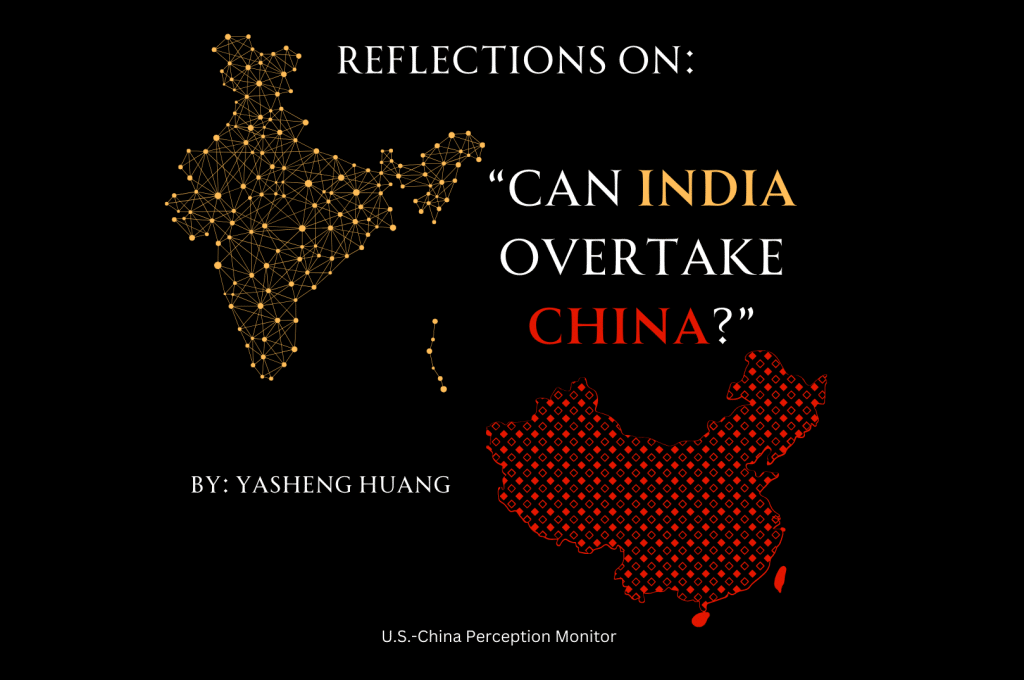Significance and Challenges: China-U.S. Cooperation on the Fentanyl Issue
Exclusive: China’s Base in Djibouti: What Does It Mean For The Western Indian Ocean?
On Feb. 29, 2016, China officially announced that it would be building “support facilities” for the People’s Liberation Army Navy (PLAN) in the African country of Djibouti.
“Through friendly consultations between China and Djibouti,” said Ministry of National Derense Spokesman Colonel Wu Qian during a February 25 press conference, “the two sides have reached consensus for China to build support facilities in Djibouti. The facilities will mainly be used for logistical support and personnel recuperation of the Chinese armed forces conducting such missions as maritime escort in the Gulf of Aden and waters off the Somali coast, peacekeeping and humanitarian assistance.”
When asked about the Chinese facility in the African nation Foreign Minister Wang Yi, during a March 8 press conference said the move to build China’s first oversea naval base in the Horn of Africa was “reasonable, logical and compatible with international norms,” saying that the Chinese “are willing to try to build some necessary infrastructure and support facilities in the regions of Chinese interests.”
Chinese interests in the region, according to Wang, involve China taking a larger part in “law enforcement and security cooperation programmes and constructively participate in resolving international and regional issues politically.” He also made sure to mention that China “would not seek hegemony or expand as traditional powers did.”
The choice of location for Djibouti is quite significant, as it provides PLAN with practical ability over the Horn of Africa’s important waters. Djibouti is located along the Bab-el-Mandeh Strait which connects the Red Sea to the Gulf of Aden. The Gulf of Aden goes on into the Arabian Sea and the Indian Ocean. The Red Sea goes on into the Suez Canal and the Mediterranean Sea.

The waters that make up the Horn of Africa, which hosts 20,000 ships every year, millions of tons of crude oil, petroleum products, gas, and dry commodities, provide an incredibly important vein for the lifeblood of international trade. This area is also plagued by pirates from the region, including those from Somalia.

The alternative to using this important water route would be to take the long way, going around Africa below the Cape of Good Hope. This voyage would be longer, involve more operating costs for the ships, and would mean rising prices for goods carried by sea.
This route is particularly important for China. The European Union is China’s largest trading partner. With goods going between China and Europe, it is important for China to make sure that the waterways, which are integral for its trade, remain fluid.
Energy security
In an earlier article, I mentioned the importance of Indonesia’s Malacca and Lombok Straits to China’s energy security. Energy security in the Indian Ocean in the West is just as important as in the East. A look at crude oil imports provides a striking look at the significance of energy interests. In 2014, 51% of Chinese crude oil imports came from the Middle East and an additional 17% came from Africa. The sea lanes that connect China to the Middle East and Africa run through the dangerous waters. Even energy providers in West Africa and Latin America end up passing through the waters either through the Suez Canal or through the trade route that runs around the Cape of Good Hope.

Anti-piracy
Chinese trade and energy security depend on a secure lines of communication that connect China to its trade partners and energy providers. Pirates remain a constant security issue in the Horn of Africa which has led to more cooperation to address the security issues of this important trade route. China has continually pushed for anti-piracy operations in the region, even joining NATO for joint naval exercises in the Gulf of Aden in 2015.
Comparisons with the South China Sea
While China’s base on the Horn of Africa is surely meant to protect the maritime lines of communication that run through the important waters, there is also the possibility that the pressure will not only be put on pirates, but also on other state actors who have bases along the waters. Djibouti already hosts bases of the United States, France, and even Japan, who carry out anti-piracy activity around the Horn of Africa.
In a previous article, I described a purely hypothetical situation in which the Malacca and Lombok Straits of Indonesia could be blocked by Singapore and Australia, respectively. Such a situation would be devastating for the Chinese shipping that runs through the straits.
In another situation, should a situation arise where China is cut off from accessing the Gulf of Aden, and by extension, the Suez Canal, the effect on China’s trade and energy would also hurt China immensely.
However, while the straits of Indonesia are closer to China, China could, God forbid, use force to clear the Malacca and Lombok Straits. The Gulf of Aden, on the other hand, would require a long Chinese journey across the Indian Ocean in order to confront any sort of blockage, relying only on friendly ports to aid them on the voyage.
The horrifying situations I have described are unlikely to happen in the present situation. However, it makes sense that China would want an outpost to protect an interest as important and strategic as the Horn of Africa.

Maritime interests
As the country already hosts the bases of other countries, the introduction of a Chinese base by the Djibouti government is not only tolerated but “welcomed” by Djibouti President Ismail Omar Guelleh.
“The world’s interests will be best served by a China active within the maritime domain,” writes James Goldrick “a China that has acknowledged its responsibilities to protect global communications and the rules-based order on which it too depends, and a China that prioritises trade flows over the creation of an extended maritime fortress.”
While a Chinese base in Africa is sure to raise eyebrows, it is important for Western observers to keep in mind China’s maritime needs, particularly the importance of secure trade routes.
“The essential requirement to ensure China’s energy security, and the prestige invested in building the Maritime Silk Road argues for China to begin building the means to protect its interests,” writes Malcolm Davis, “The task of ensuring China’s maritime trade and energy security, and countering the risk of a distant blockade is emerging as an important strategic interest that must shape the PLA’s future to a greater degree.”
In other words, China’s actions in the Horn of Africa, much like in South East Asia, are built around securing sea lanes. However, while China’s unilateral approach in the South China Sea has drawn criticism and has created tension in the region, China’s base in Djibouti is seemingly a step toward multilateralism to face the common challenge of piracy.
By AARON WALAYAT Mar. 14, 2016 on USCNPM









